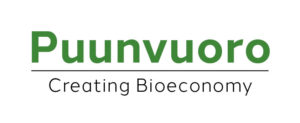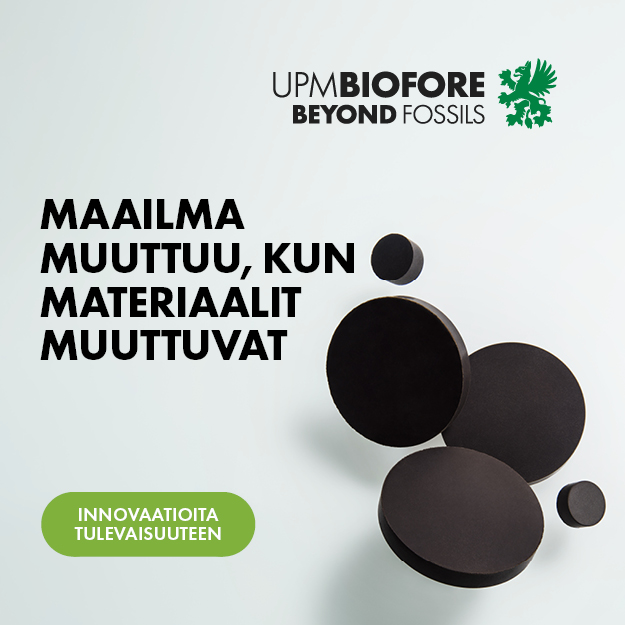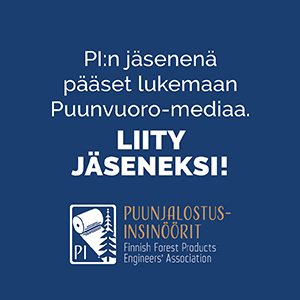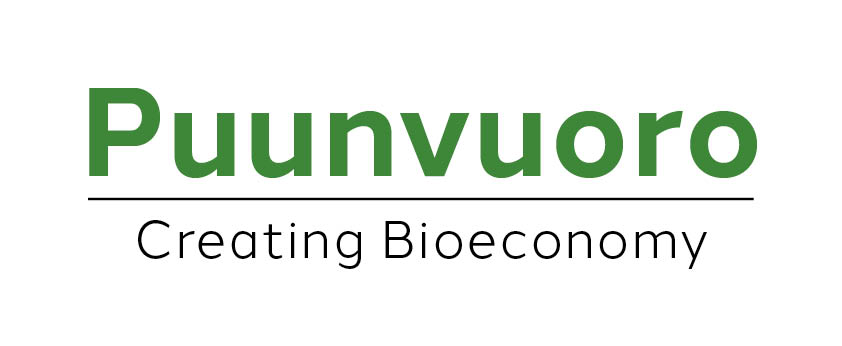
The Puustelli Miinus kitchen, to be released onto the market this summer, is an impressive demonstration of how innovations can be achieved through collaboration between a family enterprise, a design office, a research institute and a university. This ecological kitchen combines new technology with traditional craftsmanship.
According to Jussi Aine, CEO of Puustelli Group, a kitchen fixtures manufacturer, the new kitchen is the most significant leap forward in the history of kitchen fixtures since the introduction of chipboard in the 1970s.
“We have been working on plans for several years for a kitchen that is durable, recyclable and made of domestic materials. Our objective was to create a future spearhead product, one that would communicate our core values to the market, emphasising our role as a manufacturer of products that reflect the principles of responsibility and sustainable development,” comments Aine.
All components of the kitchen’s framework can be recycled, serviced and replaced. The framework is made of recyclable UPM ForMi biocomposite.
“We wanted to halve the carbon footprint of current kitchen fixtures. Thanks to the new material, this is now possible,”Aine adds.
Combination of the best in plastics and wood
The Miinus kitchen was borne when VTT, Technical Research Centre of Finland, Desigence, a design office and the Department of Forest Products Technology at Aalto University joined forces. A number of top companies specialising in the field also participated in the development work.
Three design challenges had to be overcome.
“Firstly, a workable solution had to be found with regard to sustainable development and safety aspects. The product also had to be resistant to mechanical stress and be technically acceptable. The cost of the end result had to be reasonable to enable production of a commercially viable product,” explains Aine.
“Biocomposite combines the malleability and efficient production methods of plastics with the strength and excellent form retention of wood, resulting in a choice material for a variety of uses,” comments Ali Harlin, research professor at VTT, discussing the material of the frameworks.
A kitchen presents a demanding environment for materials, as the temperature range may vary from +90 °C to -20 or -30 °C. Materials must also be resistant to mechanical stress and physical loads. The results obtained from life cycle and carbon footprint calculations performed by VTT convinced Puustelli’s partners that this ambitious idea had the makings of a commercial innovation.
The contribution of Desigence’s industrial designer, Juhani Salovaara, was crucial when the project set out to find additional partners.
“At the beginning, we had no idea of the kind of material that would ultimately be used for the kitchen. Through tests and research, the right solutions came to light,” says Salovaara.
This biocomposite kitchen has drawn international interest from as far afield as India and Australia.
Text by: Olli Manninen
Photo by: Puustelli



